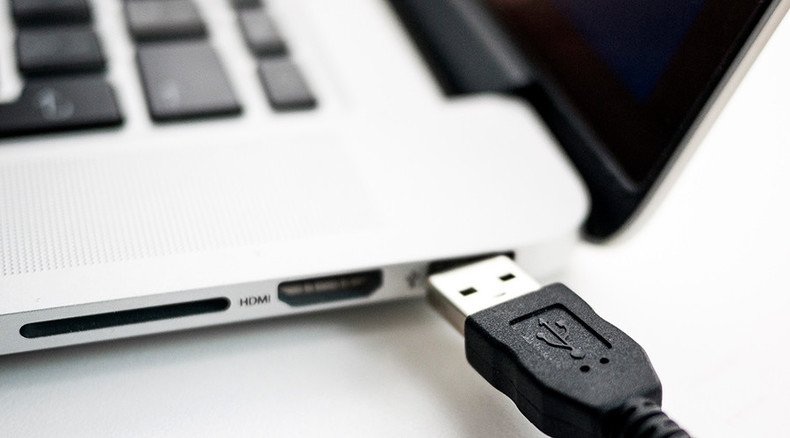Threats to cyber security can only be deterred together

Information and communication technologies (ICTs) are being increasingly used for unlawful and hostile purposes that are inconsistent with the basic principles of international law.
Some members of the international community are openly strengthening their cyber offensive potentials, forgetting that this could undermine international stability and security. Examples of ICTs being used as a means of achieving political goals are growing by the day. This also includes the expansion of extremist ideology and criminal activity. Under the circumstances, an agreement by UN member-states ensuring cyber security on an acceptable basis is the only way to effectively respond to the evolving threat.
With that in mind, Russia welcomes a recent report by the UN Group of Governmental Experts (GGE) on this issue. An idea of an international code of conduct for information security is discussed in this study and the necessity of its adoption underlined. This fully reflects Russia’s position on the issue. In 2011, Russia along with some other members of the Shanghai Cooperation Organization put forward a draft paper entitled “International code of conduct for Information Security” that was circulated as “food for thought” at the 66th UNGA session. Later SCO members proposed a new version of this paper as an official UN document with the aim of putting emphasis on human rights. In addition, Russia’s draft resolution entitled “Developments in the field of information and telecommunications in the context of international security” was adopted by consensus at the 69th session of the UNGA.
In our view, the GGE report is important in that it provides a foundation for further practical discussion concerning the challenges the international community faces in this area. In particular, it puts emphasis on the prevention of use of ICTs for military and political ends, and the necessity of using ICTs exclusively for peaceful purposes. It also aims to avoid unreasonable or unfounded exchanges of accusations regarding cyberattacks among states. It is a huge step forward in terms of where we were a few years ago. Of course, ideally, Russia would prefer to launch a discussion on a legally binding international convention for global information security, though we understand that our partners are not ready for this yet. As in the nuclear weapons story, some still hope to maintain a permanent edge over others. History will prove them wrong again.
Under these circumstances, the ongoing search for common ground in the sphere of ICTs has become even more important. Just one example: in 2014, Russian Government websites and information systems were deliberately attacked 74 million times! The same happens in other countries, as our partners confirm. According to some reports, some countries exchange 1 million cyberattacks on a daily basis. I am sure all of us in the international community should know better.
The statements, views and opinions expressed in this column are solely those of the author and do not necessarily represent those of RT.
The statements, views and opinions expressed in this column are solely those of the author and do not necessarily represent those of RT.













